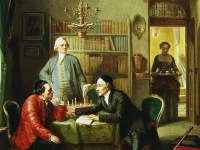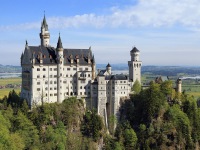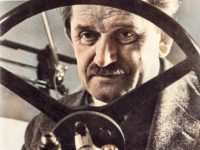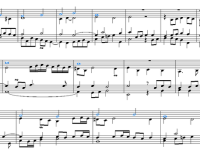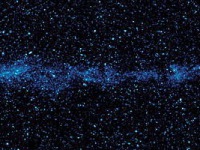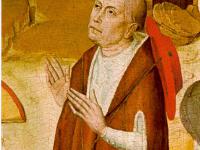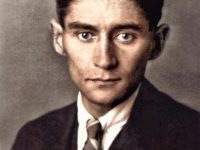Moses Mendelssohn and the Jewish Enlightenment
On September 6, 1729, German Jewish philosopher Moses Mendelssohn was born, who inspired the Haskalah movement of Jewish Enlightenment in the 18th and 19th century. Haskalah was a movement among European Jews that advocated adopting enlightenment values, pressing for better integration into European society, and increasing education in secular studies, Hebrew language, and Jewish history. Moses Mendelssohn’s descendants include also the famous composer and pianist Felix Mendelssohn.[4] “The state gives orders and coerces, religion…
Read more

